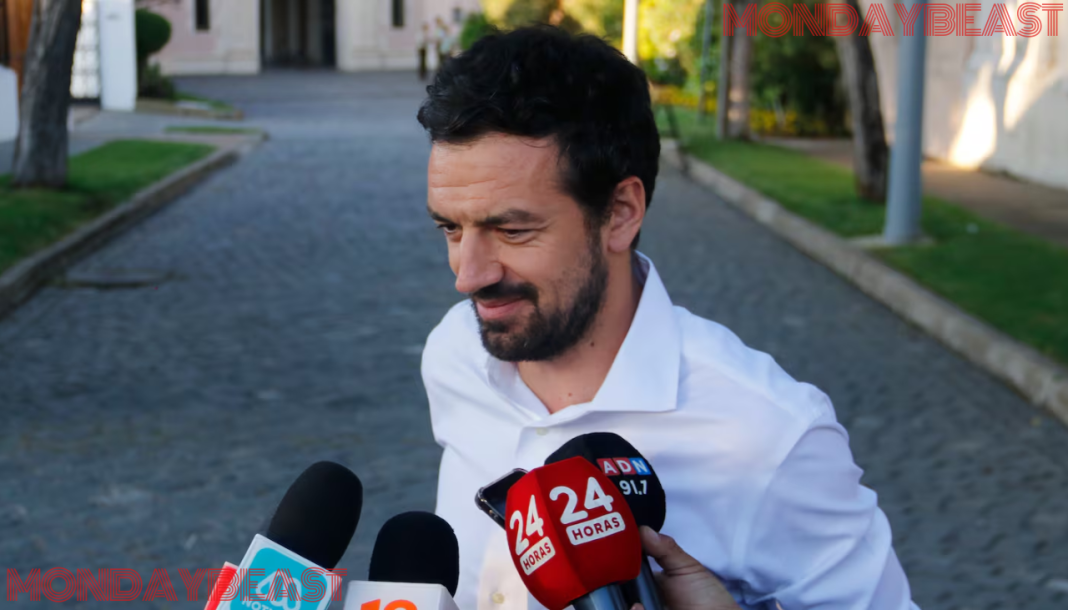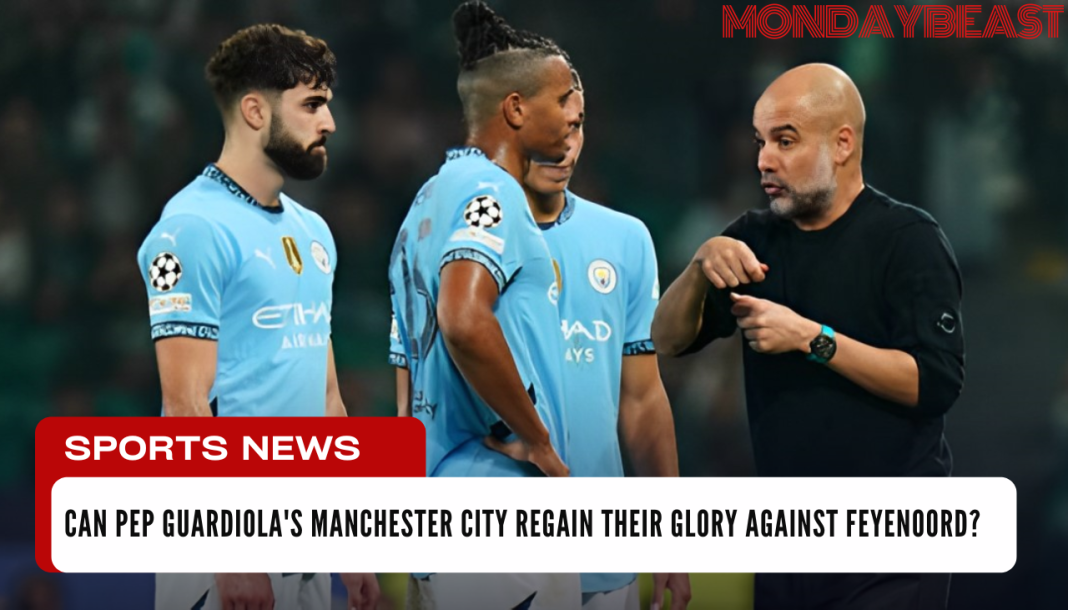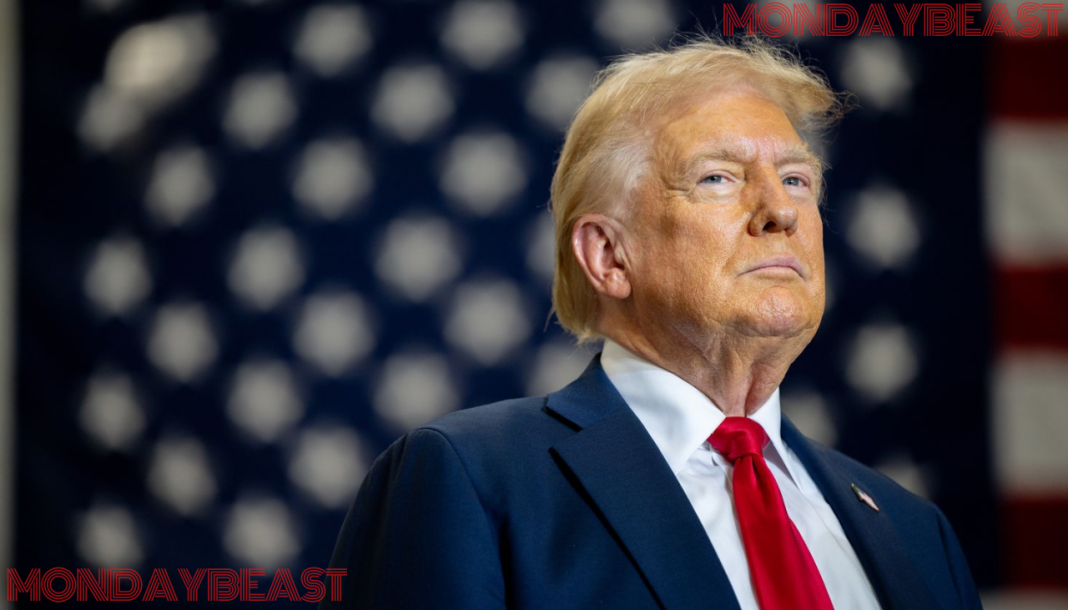In the heart of Chilean politics, a pivotal moment is unfolding. Tomás Vodanovic, the mayor of Maipú, is making waves by once again rejecting the prospect of a presidential candidacy for the 2025 elections. This announcement has sparked conversations about leadership in a time of change.
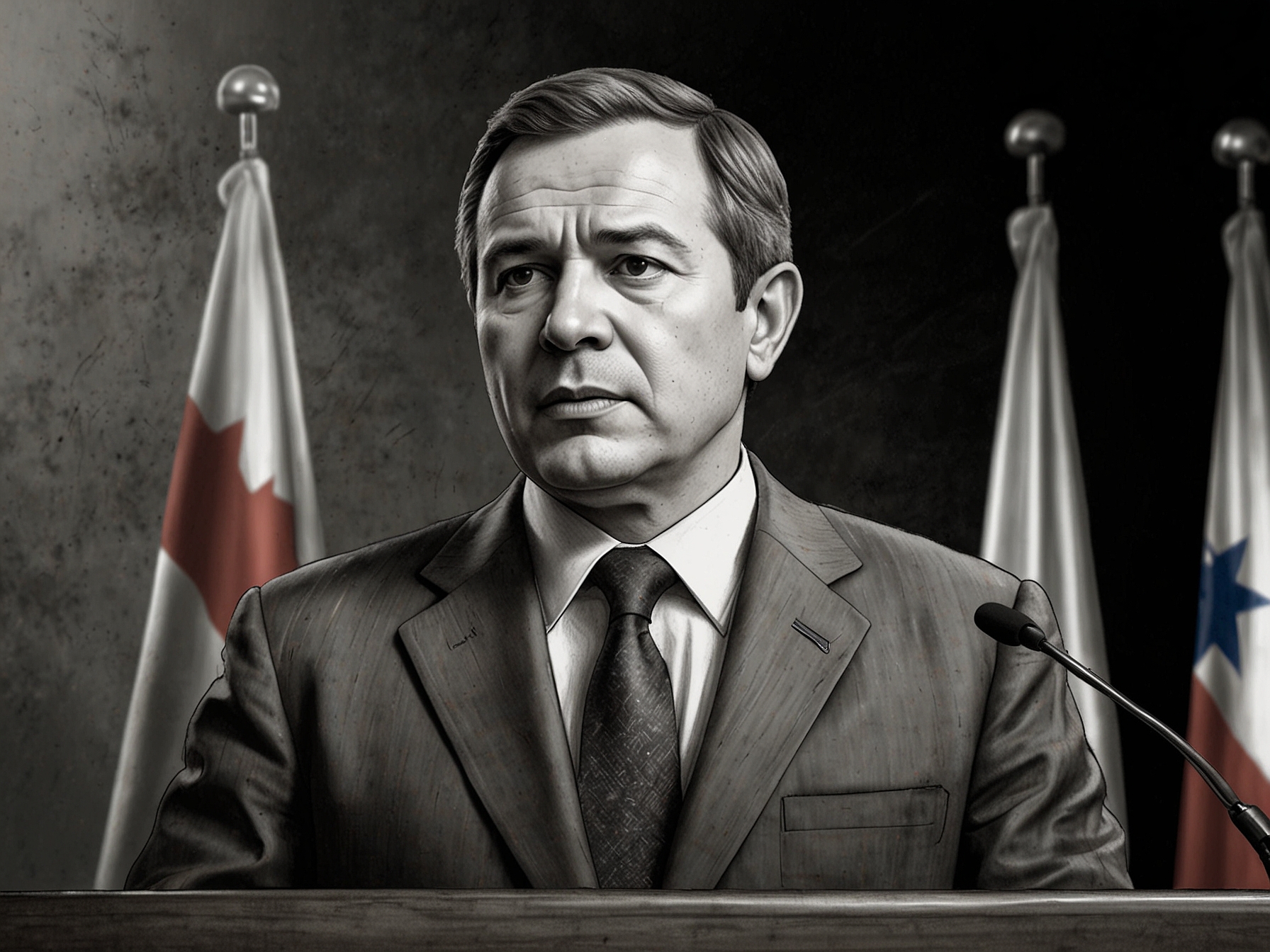
What factors are influencing his decision? Why is he focusing on other leaders? Vodanovic’s statement, made during an appearance on Chilevisión’s morning show, reflects a larger narrative in Chile’s political landscape. He pointed out the need to seek out seasoned leadership within the government.
By mentioning Michelle Bachelet and Carolina Tohá, Vodanovic emphasizes a collective responsibility. It raises questions: are new politicians ready to step into significant roles? Or is the experience of established figures more crucial? His own self-doubt plays a significant role in this decision.
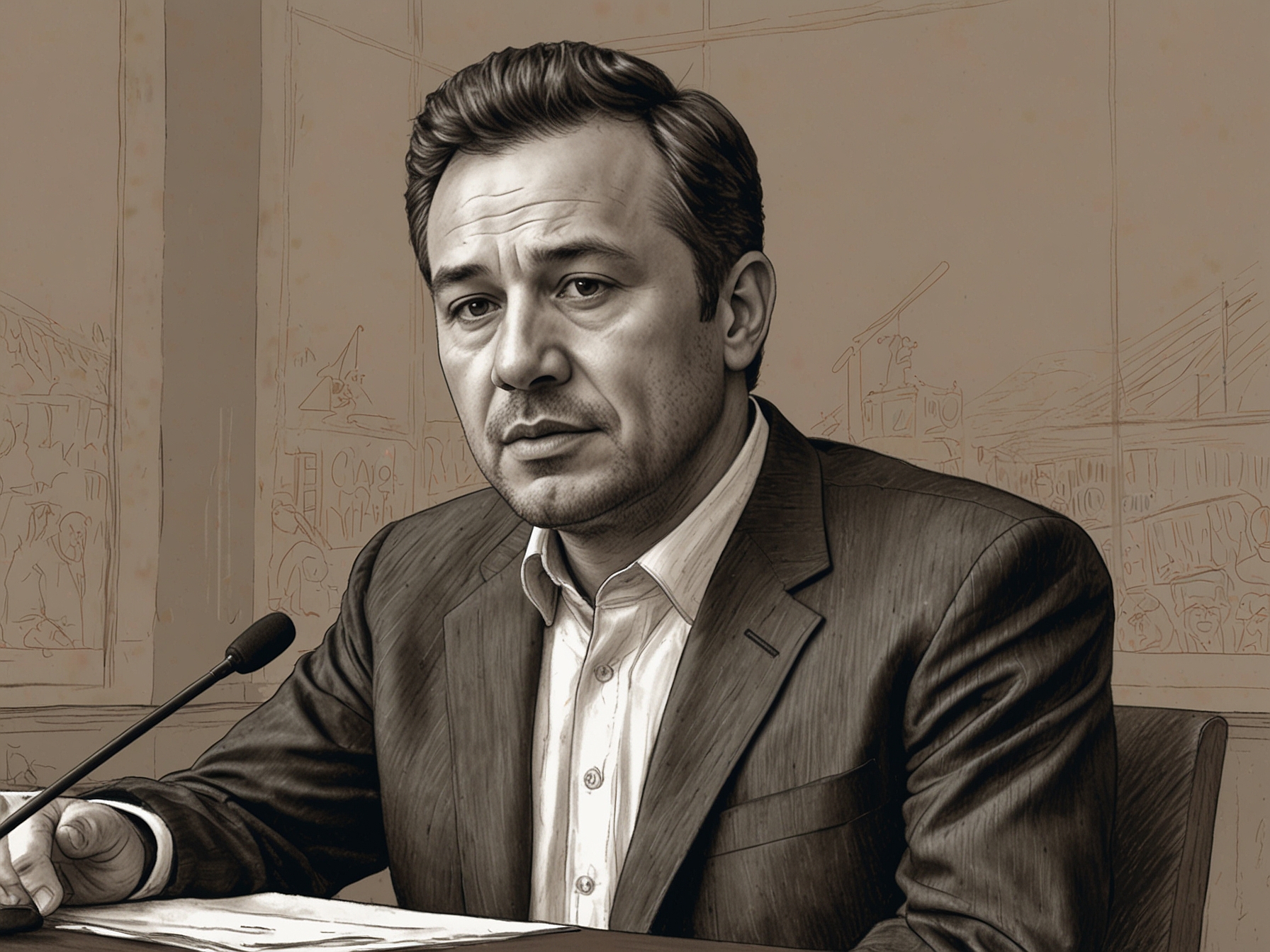
Vodanovic expressed his feelings of youth and inexperience. At just 34, he feels he has more to learn before considering such a demanding role. As someone trying to navigate the intricate dance of political responsibilities, can he really pass up such a historic opportunity?
It’s a reminder that political ambitions often clash with personal and professional growth. Vodanovic’s admiration for Bachelet is palpable. He describes her as a leader who generates consensus within the political sphere.
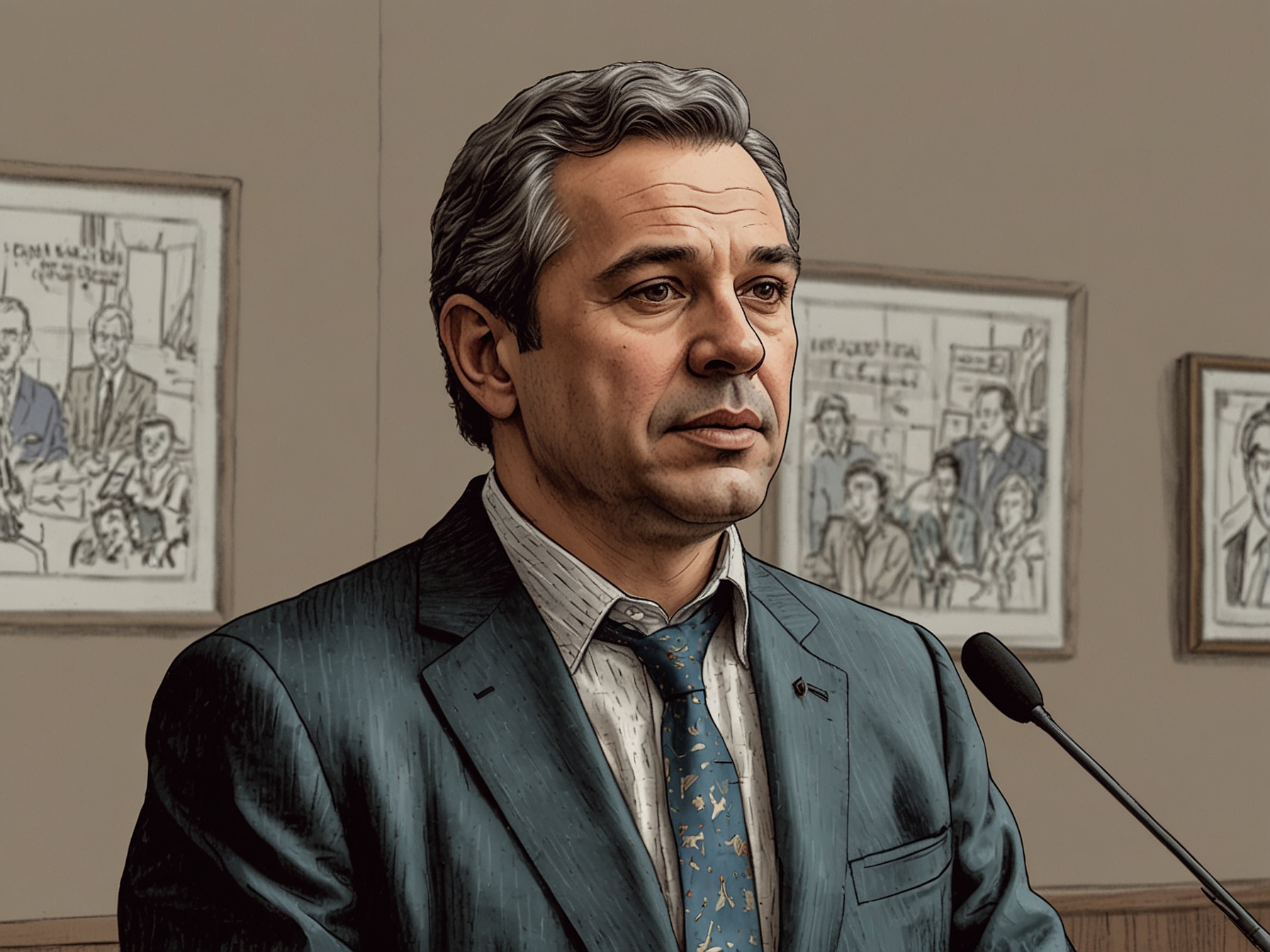
Yet he questions whether she would even want to run again. Would she consider stepping up as a candidate in another election? These kinds of contemplations showcase the depth of Vodanovic’s character and strategic thinking. What’s also fascinating is how Vodanovic highlights Tohá’s capabilities.
He believes her management skills could rival his own. This public acknowledgment shows a willingness to support strong leadership instead of pursuing personal ambition. He outlines the importance of identifying effective leaders that align with the nation’s needs.
The political environment in Chile is anything but stagnant. Vodanovic believes that the upcoming elections provide an opportunity for new projects that can benefit the people. He envisions a political landscape that isn’t a straightforward walk for the opposition.
It’s about progress and collaboration, not just about winning or losing. Finally, Vodanovic shares his commitment to Maipú, his hometown, underscoring an emotional connection to his responsibilities. He chooses to remain focused on executing his mayoral duties instead of being distracted by the allure of a higher office.
The question lingers: is it wise to prioritize personal ambitions over community responsibilities? His reflections reveal the layers of pressure politicians face. Vodanovic navigates the expectations of citizens, party members, and his internal aspirations.
It’s a balancing act that weighs heavily on his shoulders. In the end, his narrative serves as both a personal journey and a broader commentary on political leadership. Will he inspire a new generation of leaders while ensuring that those who can lead are given the spotlight they deserve?

